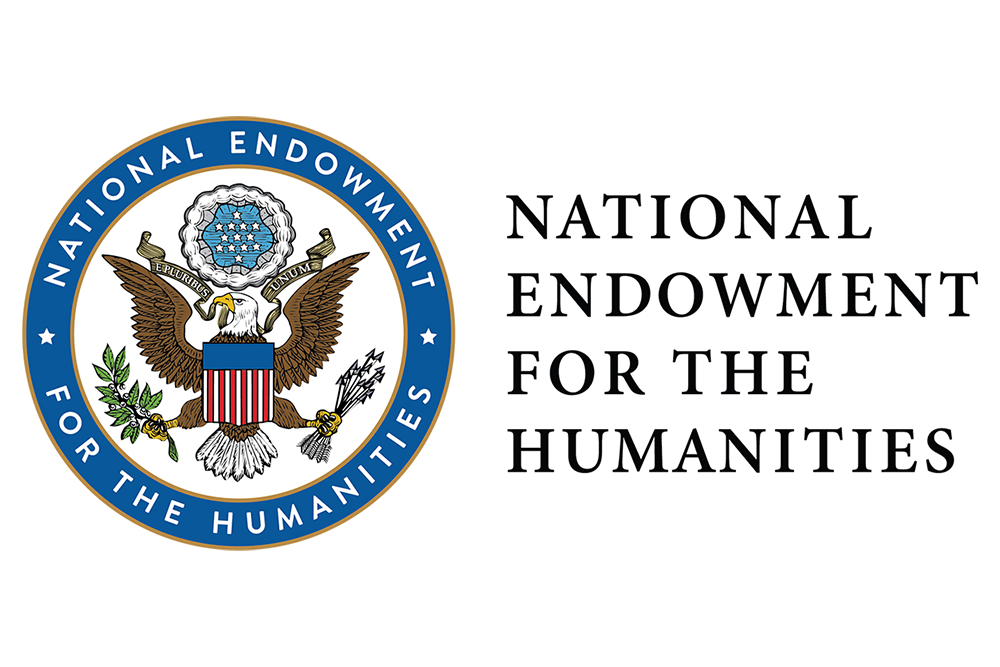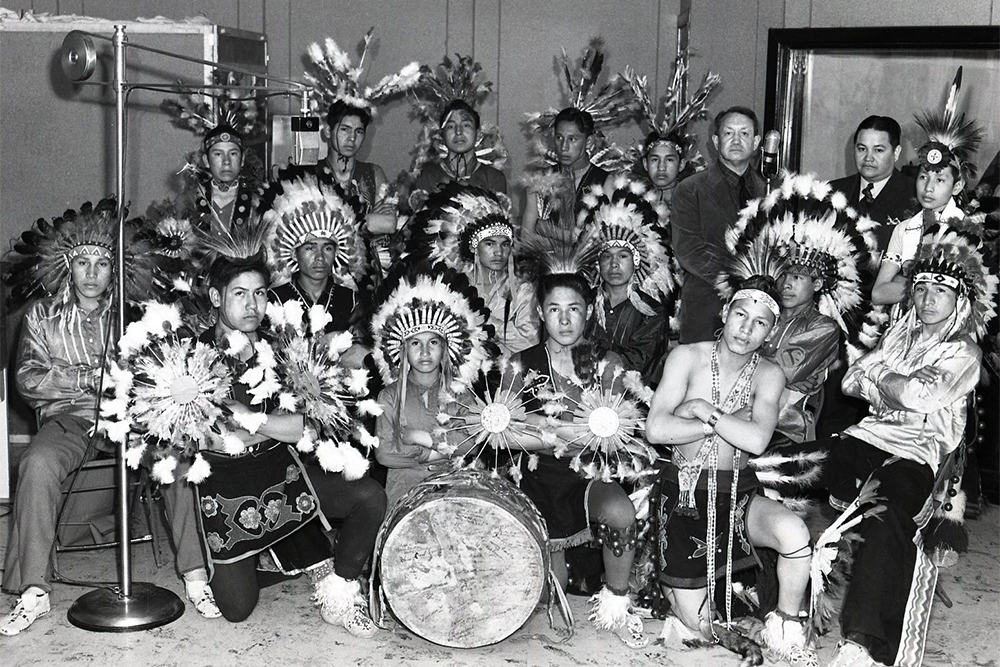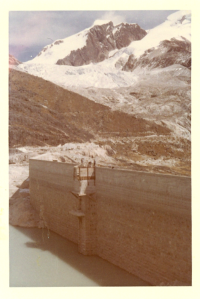“Expanding Coptic Digital Online Collections” led by Caroline T. Schroeder, Ph.D., professor of women’s and gender studies, Dodge Family College of Arts and Sciences at the University of Oklahoma. Amir Zeldes, Georgetown University, is the co-principal investigator for the project.
For over a decade, the Coptic Scriptorium project has developed open access to online resources for Coptic language and literature. The Coptic language is the last phase of the Egyptian language family, a direct descendant of the hieroglyphs of ancient Egypt. Coptic texts and the study of Coptic linguistics are important for multiple academic disciplines and for the heritage community of Coptic Orthodox Christians who use the language for liturgy and their cultural identity.
Funded by $349,887 from an NEH Humanities Collections and Reference Resources Implementation grant and a $15,568 matching grant from the Office of the Vice President for Research and Partnerships at OU Norman, the project will enable improvements to the user experience, expand the digital database of richly annotated texts in the classical dialect of the language and develop natural language tools and searchable, annotated, digitized corpora for additional dialects.



